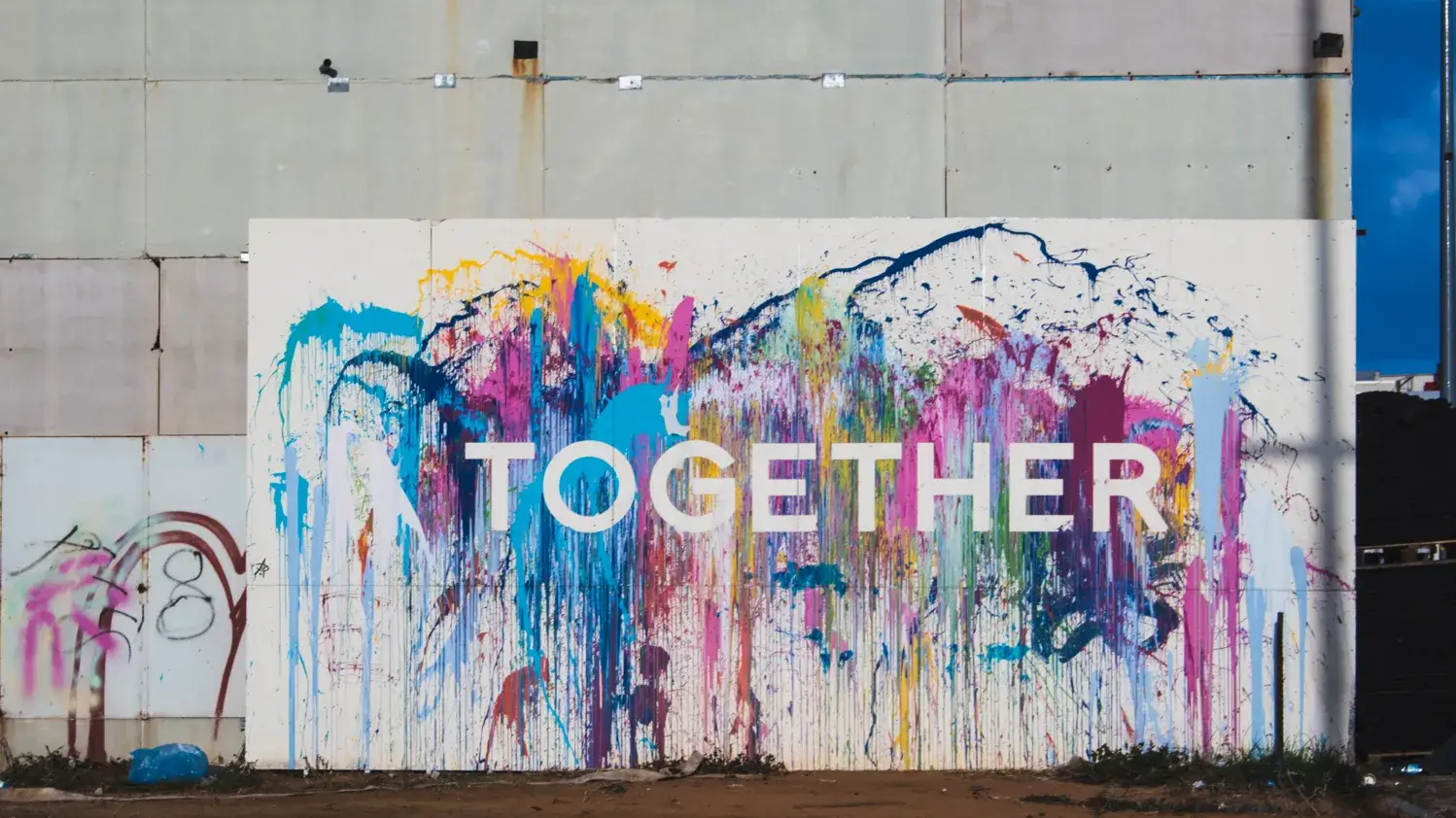Unlocking the Potential of Collective Intelligence

“In general, when informally discussing a problem with our colleagues, we are quick to slip into Band-Aid-mode and propose temporary fixes.”
Marie-Hélène Langlois, CHRP, suggests that we instead take advantage of the group’s collective intelligence to develop and learn from one another through participation in co-development sessions.
Even after facilitating over one hundred workshops, Marie-Hélène always leaves these workshops feeling amazed by the spirit of collaboration, the creative ideas and the teamwork that naturally emerges from the participants.

Facing professional challenges is a common experience for all of us, and often, our go-to solution is to tackle these challenges head-on, solo. But is this solitary approach always the best route to success?
Whether you're navigating the waters as an employee or steering the ship as a manager, it's easy to fall prey to the notion that solutions must come from within us. This pressure, though invisible, can be limiting. There's wisdom in the age-old adage, "Two heads are better than one." By engaging with our colleagues or tapping into the expertise of other professionals, we stand a better chance of overcoming our blind spots and gaining clearer, broader insights.
This is where the concept of co-development comes into play, emphasizing the immense value of collective intelligence. By leveraging diverse perspectives within a group, we foster a rich learning environment where growth is mutual, and knowledge is amplified.
Embrace the Process
Originating in Quebec through the pioneering work of Adrien Payette and others, the co-development method is a testament to the power of structured collaboration. This method isn't just about group interactions; it's a carefully designed process that elevates professional practices and hones skills through shared wisdom. To truly harness the potential of this approach, participants are encouraged to deeply engage with these steps:
- A participant, taking on the "client" role, meticulously outlines their challenge, detailing involved parties, past actions, and impacts.
- The "client" shares their dilemma with the group, now acting as "consultants."
- Through open-ended questioning, the group delves into the issue, aiming to get to the root of the problem.
- Each member contributes potential solutions, suggesting resources, actions, and reflections, with some offering even to extend their support beyond the session.
- Armed with collective insights, the "client" formulates a strategy to address their challenge.
- In a subsequent session, the "client" shares their progress and learnings, fostering a cycle of continuous improvement.
The beauty of co-development lies in its versatility, addressing a wide array of professional quandaries—from managing difficult conversations to launching projects or boosting team engagement.
Unlike casual problem-solving chats that may quickly resort to band-aid solutions, co-development encourages a deeper dive into issues. This structured exploration leads to more profound, actionable insights that can significantly impact outcomes.
Doubling Down on Impact
At SISMIK Impactful Culture, we've incorporated co-development into our leadership development initiatives, not only to solidify learning but to also build a sense of community and belonging among participants. This approach doesn't just address immediate problems; it creates a space for sharing knowledge, skills, and experiences, empowering everyone to contribute to their colleagues' success.
The results speak for themselves. Every group that has embraced co-development has witnessed the enriching power of collective intelligence. It's always a marvel to see the abundance of creative, varied solutions that emerge when people set aside their preconceptions in a unified effort to support one another.
Interested in exploring how co-development can transform your team's dynamics and enhance problem-solving in your organization? I'm here to guide you through this innovative approach.
Feel free to reach out for more information.
Marie-Hélène